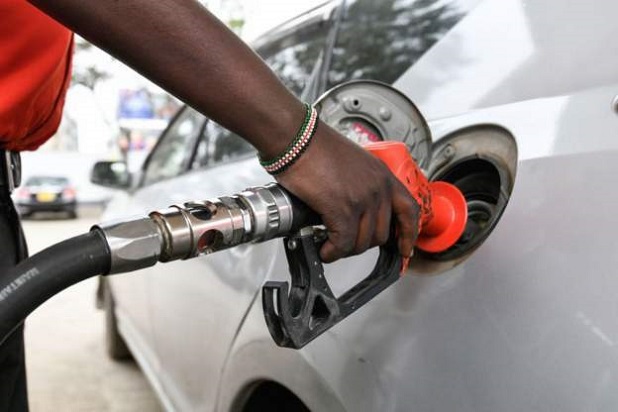The government is set to initiate an operation targeting fuel station operators who have flouted established standards for their establishments. Primarily, those who have erected stations in road reserves and in closer proximity to one another than regulations allow will be subject to scrutiny. This announcement comes from the Ministry of Energy and Mineral Development and the Uganda National Bureau of Standards (UNBS).
The Ministry and UNBS recently conducted a sensitization exercise for the Fuel Marking and Quality Monitoring Program (FMQMP) across several districts in western Uganda, including Ibanda, Isingiro, Mbarara, Ntungamo, and Rukungiri.
Peter Kitimbo, the FMQMP Field Supervisor, highlighted congestion as a major challenge facing the industry, with numerous operators across different towns establishing stations without adherence to regulations. “The standard stipulates the allowable distance between two fuel stations, and there’s a plan by the authorities to harmonize locations for congested fuel stations,” Kitimbo stated. He did not specify the commencement date for this initiative.
“Several stations are built in road reserves, on shop verandas, or lack proper canopy structures, all of which are unacceptable according to standards,” Kitimbo added. He emphasized that many stations also fail to meet space standards, with the minimum area requirement being 100ft x 100ft, a criterion often unmet by non-compliant stations.
Approximately 25 fuel stations registered for business are non-compliant with national fuel and infrastructure standards.
As of December 2023, the Ministry’s database recorded a total of 4,786 retail fuel stations, boasting a compliance rate of 99.5 per cent.
The government introduced the fuel marking program to ensure that all fuel intended for local consumption is marked at border points, guaranteeing quality and safeguarding consumers. “Thanks to this program, fuel adulteration has decreased to less than 1 per cent in Uganda,” stated John Friday, the acting Assistant Commissioner of Monitoring and Inspection in the Petroleum Supply Department.
Both the Ministry and UNBS urged fuel station owners to prioritize compliance with standards for setting up and operating fuel stations, as well as adhering to petroleum product standards, rather than relying solely on regulators for enforcement.
“I encourage fuel dealers to adopt ethical practices and uphold standards in service delivery to the public. Embrace self-regulation regarding quality and quantity standards, as you too are consumers of this fuel,” emphasized Daniel Nangalama, the acting Executive Director of UNBS.
Nangalama highlighted the sharing of quality requirements and standard specifications within the fuel business to maximize compliance and ethical practices.
“The Fuel Marking and Quality Monitoring Program has introduced mobile laboratories with advanced technology for testing fuel quality at various stations nationwide, significantly improving compliance rates,” Kitimbo noted, urging fuel dealers to acquire standards and ensure compliance through self-regulation.
